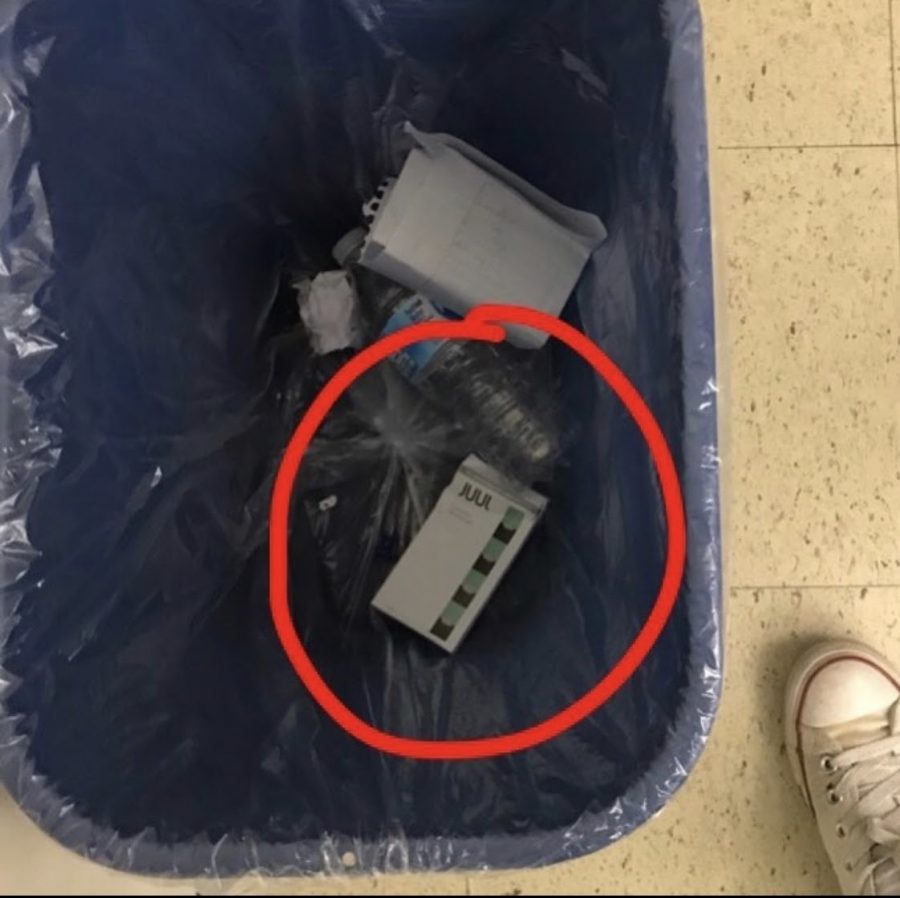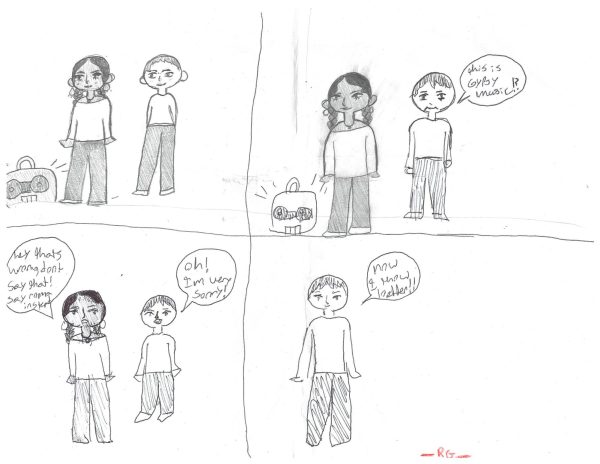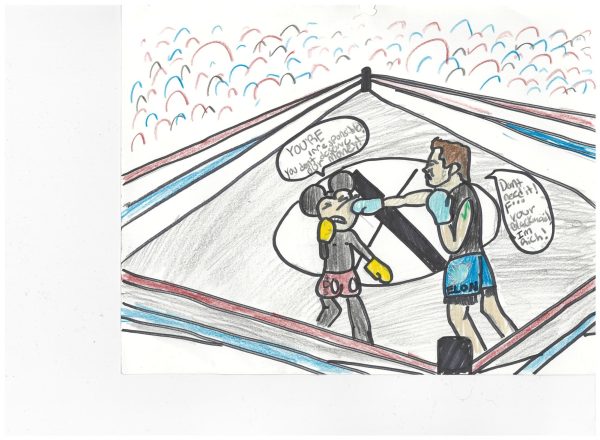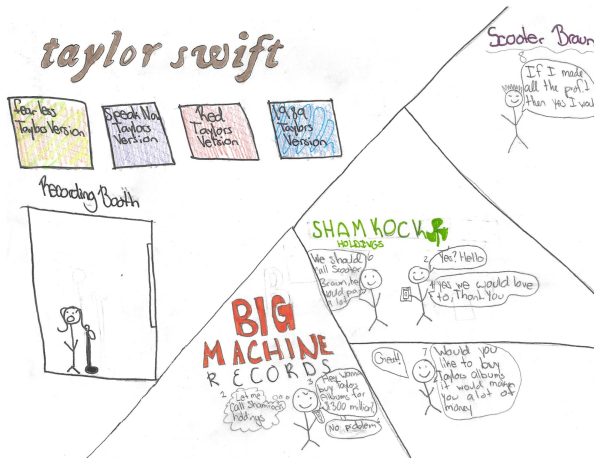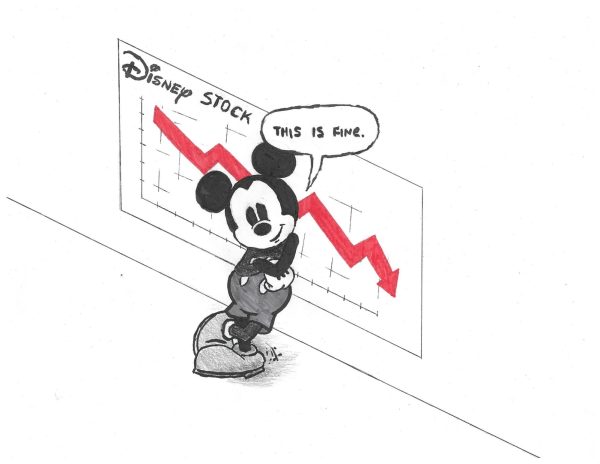The JUUL Culture: Why Many Kids Refuse to Call it Quits
A pack of JUUL pods spotted in a recycling bin at Hall High.
The JUUL, an e-cigarette originally designed for adults to help quit smoking cigarettes, has taken a turn for the worse: adults are not the primary customers— teens are.
According to Juul.com, their mission statement is “to transition the world’s billion adult smokers away from combustible cigarettes, eliminate their use, and combat underage usage of our products.” While this company’s values seem plausible, their aspirations are far from accomplished.
Truth Initiative, a nonprofit anti-tobacco organization surveyed over 13,000 people between the ages of 15 to 34. It was concluded that individuals ages 15 to 17 are sixteen times more likely to use a JUUL than those ages 25 to 34. If the intent of the product is to help adults quit smoking, why is it that an overwhelming number of customers are teens?
Dr. Shwetha Gurram, a Penn State physician, attributes the ongoing usage to the sleek design of the product and flavorful cartridges, “This [the cartridge] makes it easy to hide from adults because of the added flavors such as cool cucumber or crème brulee.” The new, pungent cartridges mask the more traditional scents of smoking, such as tobacco. This is a tactic that teens use to hide the contraband from adults. To counteract this statement, the states of New Jersey, Massachusetts, Michigan, Montana, New York, Oregon, Rhode Island, Utah and Washington have temporarily banned the distribution of flavored cartridges.
This is not the first time the government has addressed flavored smoking devices. In 2009, congress passed the Family Smoking Prevention and Tobacco Control Act. This act gave power to the Food and Drug Administration to regulate the tobacco industry. This act specifically worked to minimize the distribution of tobacco products to minors.
Despite governmental efforts, teens are still getting their hands on these devices. JUULs are undeniably a part of high school culture. According to a Hall student, “There is pressure to JUUL in order to ‘fit in.’” Another student noted that “People think that JUULing is safer. It is also a social thing.”
I asked Hall students the question: “Why won’t many teens quit JUULing?” One student associated the ongoing occurrence with addiction, “People are so addicted that they don’t care about the negative ramifications. Because they are young they have a sense of immortality that isn’t true.” Students also explained how challenging it is for teens to quit because they carry their JUULs at all times, “I see students casually JUULing in the bathroom, they can’t get through the day without vaping.”
Do you think it is up to the manufactures to deter further underage addiction? Does the government need to intervene further? How could this epidemic happen with a product designed for adults only? Can teens exert the self-discipline needed to curb this dangerous habit?

